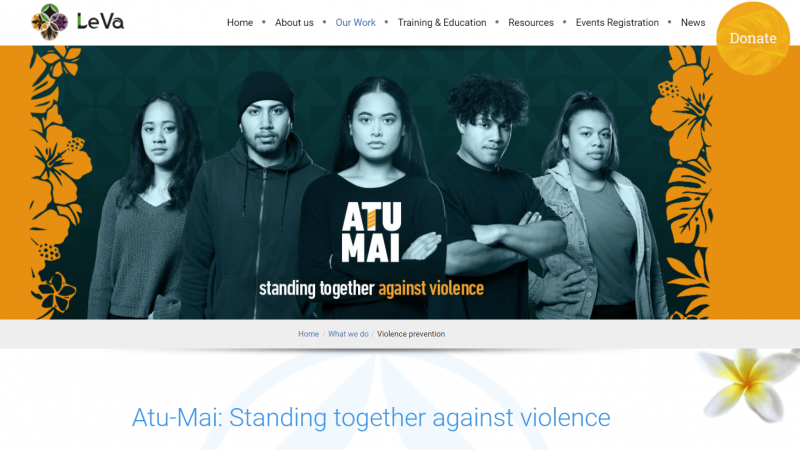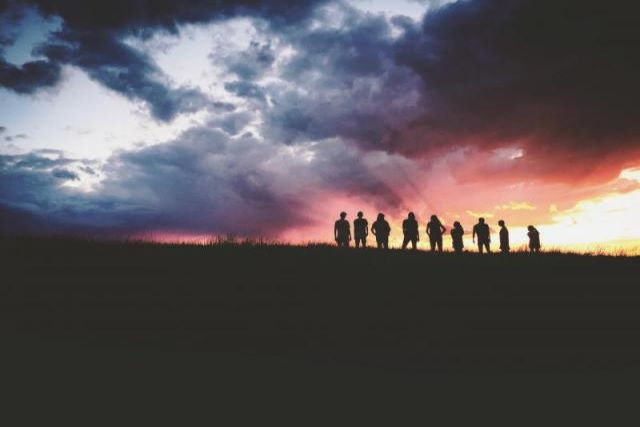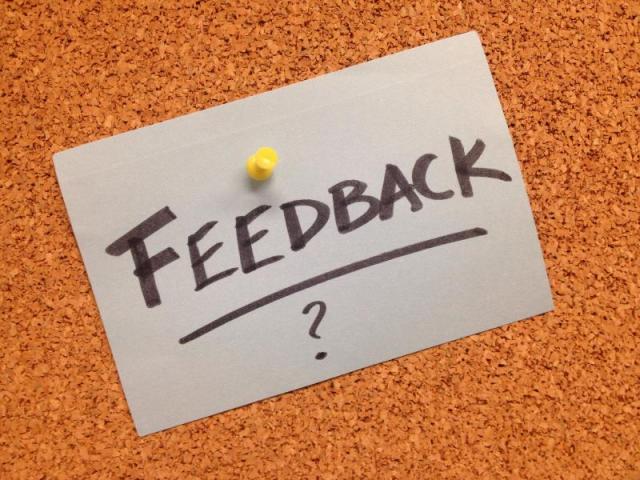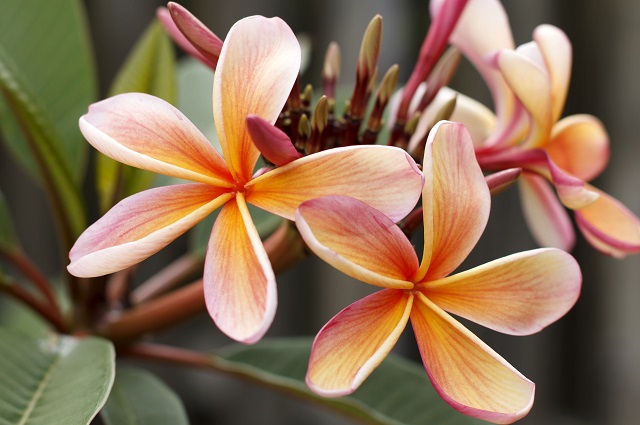International resources highlight Pacific approaches to addressing violence
Mon 18 Jul 2022
Two international resources highlight Pacific approaches to addressing family violence and violence against women.

Pacific Partnership resource on ending violence against women and girls
The Pacific Community’s (SPC) Social Citizenship Education programme, as part of the Pacific Partnership to End Violence Against Women and Girls, published a paper on What works to promote human rights and prevent violence against women and girls (2022). The paper documents the learnings of implementing the Social Citizenship Education (SCE) programme in 152 schools across Kiribati, the Republic of Marshall Islands, Tuvalu and Vanuatu. The programme focused on changing social norms through education drawing on Indigenous Pacific Values. SCE is based on Pacific values using cultural stories and legends indigenous to the Pacific region as a starting point for conversations and messages about human rights, gender equality and ending violence against women and girls. The programme is a whole-of-school approach that has 4 key strategies:
- curriculum, learning and training
- relationships involving community participation, student participation and school-led community outreach
- governance including school policies and decision-making
- school environment including school culture and extra-curricular activities.
In launching the paper, SPC Deputy Director General (Science and Capability) Dr Paula Vivili said “We may not see all the results and impacts of the program in our project period or indeed in our lifetimes. However, it is an investment in our Pacific people’s futures and global citizenry.”
The Equipping schools to nurture socially responsible citizens update from the SPC includes comments from teachers and students involved in the programme.
The paper is the first to be launched as a part of a series under the Pacific Partnership programme in collaboration with partners. The programme is funded primarily by the European Union (EU), and the Governments of Australia and New Zealand, and UN Women, and is led by the Pacific Community, UN Women and the Pacific Islands Forum Secretariat.
Pasifika Power and Control Wheel Translation Project
The US-based Asian Pacific Institute on Gender-Based Violence published the Pasifika Power & Control Wheel Translation Project Report (2021). This project aimed to translate and develop educational resources and tools on gender-based violence in indigenous Pasifika languages.
For the project, a team of Native Hawaiian, Samoan and Chuukese consultants translated and developed terms and frameworks derived from and inspired by the original Power and Control Wheel. They held 8 listening sessions with a total of 86 people from Pasifika communities to inform their process. The report highlights Pacific Indigenous methodologies and documents the experience and learnings from the project. It includes recommendations for how communities can integrate the approaches and lessons learned in their work to end gender-based violence.
For example, the report discusses how life experience and community context informed the resources, writing:
"The original Power and Control Wheel may not resonate completely with Pasifika communities because the Wheel was not developed based on their life experiences, perspectives and worldviews in mind. For this reason, using a similar process the Duluth advocates undertook in listening to the stories of survivors, the project consultants developed new frameworks grounded in Pasifika communities, stories and experiences.
Connecting through dialogue and storytelling is an important practice and value across indigenous Pasifika communities, and worked well for the development of educational resources and frameworks intended to build the capacity of these communities to address and prevent DV and GBV."
The report also discussed community capacity building saying
"What began as a project aimed at translating the original Power and Control Wheel in indigenous Pasifika languages, ultimately became a process of transferring the cultural knowledge, values and traditions of communities to modern-day resources that help build their capacity to respond and prevent domestic and gender-based violence. Although glossaries, educational tools, and cultural frameworks can help inform the work of interpreters, legal advocates, researchers, domestic violence programs and services providers, and systems responders, initiatives like these huli (turn or redirect) violence prevention and intervention back to communities and those most impacted by the violence as family and extended social networks within Pasifika communities are often the “first responders” (if not the only) to a Native Hawaiian, Samoan or Chuukese victim, survivor, and abusive partner/relative."
The project developed cultural frameworks that outline the dynamics of domestic violence in their respective communities and identify the cultural knowledge and resources available to addressing violence. For more information see resources from the project including the frameworks and glossaries for Samoan, Chuukese, and Native Hawaiian communities.
Pacific frameworks addressing family violence in Aotearoa New Zealand
Nga Vaka o Kāiga Tapu is a conceptual framework for addressing family violence in eight Pacific communities in Aotearoa New Zealand. It is informed by, and aligned with, 8 ethnic-specific conceptual reports on addressing family violence, and a supporting literature review. The 8 ethnic Pacific communities include: Cook Islands, Fijian, Kiribati, Niuean, Samoan, Tokelauan, Tongan, Tuvaluan communities. Learn more about Nga Vaka o Kāiga Tapu and the ethnic-specific conceptual reports from Pasefika Proud. Also see video recordings from the Nga Vaka o Kāiga radio campaign that aired on the PMN (Pacific Media Network) Facebook Language pages in September 2021. The campaign provides cultural ways to prevent violence in Pacific families and communities through nurturing strong relationships during the covid pandemic.
To learn more about the work of Pasefika Proud see their 5-year framework Pasefika Proud – Pathways for Change, 2019-2023.
Pasefika Proud has opened registration for their 2022 workforce development - Pacific Competency (Addressing Family Violence through Pacific Cultural Frameworks). The training is designed for qualified Pacific practitioners such as social workers, counsellors, and non-Pacific practitioners, either working specifically with Pacific families in the area of family violence or who are working with Pacific families and deal with family violence or support as part of their wider work. Trainings are taking place from July through November 2022. There are different programmes each specific to one of 8 Pacific nations. The programme is free, but space is limited.
Related news
Minister for Pacific Peoples Aupito William Sio said the Ministry is working on the launch of the All-of-Government Pacific Language Strategy. The Strategy will outline the Government’s commitment to ensuring Pacific languages and cultures thrive in Aotearoa New Zealand. PMN reported that the Strategy is expected to be released in July or August 2022.
As part of the Pacific Languages Strategy, the Pacific Languages Community Fund has been setup. The Fund aims to support community-led initiatives that:
- Raise the value of Pacific languages across Aotearoa
- Strengthen pathways and resources for learning Pacific languages and learning in Pacific languages
- Create environments for Pacific languages to be used more often, and in more space
Applications are currently open and close on 29 July 2022.
The Ministry has previously announced Dates for the Pacific Language Weeks 2022.
Related media
Pacific women leaders meeting a global first, PMN, 09.06.2022
Pacific myths and legends helping combat violence against women, RNZ, 07.06.2022
Louisa Wall appointed Pacific Gender Equality Ambassador, Beehive media release, 07.04.2022
Image: Pixabay






